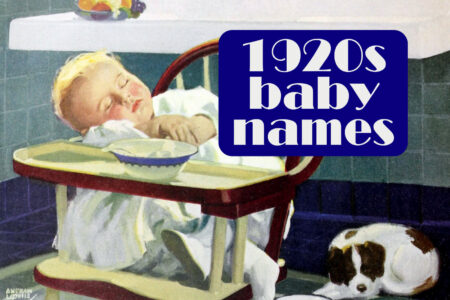- Means “handsome”
- Variations include Allan and Alan
- Commonly used as a last name (surname)
History of the name Allen
In a list of fifty names most usual in the British Isles, Allen takes 38th place, and is scarcely less usual in the United States.
There are two possible explanations of its origin: First, that it is derived from the personal name, Alyn, a Latin name meaning light; and, second, that it is derived from the Anglo-Saxon name for a wolfhound. These dogs were used for hunting in early England. Chaucer refers to them when describing a deer or lion hunt, thus:
“Abouten his car ther wenten white alauns.”
If the first explanation is taken, then the name probably entered England with the Normans, when names of Latin origin came into use.
Allan is one way of spelling this name, a way, by the way, which seems to prevail in Scotland. Alleine, which is pronounced like Allen, is another variation of the name, as is also Alleyne.
This last spelling was that employed by the famous actor, Edward Alleyne, who is remembered in England as the founder, in 1619, of Dulwich College.
It is rather interesting in connection with the name that he directed that the headmaster and the warden should always be men of the name either of Allen or Alleyne. This was not a difficult stipulation to live up to, considering the usualness of the name in England.
That many of the many English Allens are persons of the class of gentry or above it may be judged from the fact that there are 50 different coats of arms registered for this one name.
Samuel Allen, of Braintree, was one of the earliest men of the name in this country. He reached Cambridge, Mass., from England, in 1632.
His son, John Allen, was one of the many men killed in the Deerfield massacre at Bloody Brook. American Allens from earliest Colonial times have been men of marked patriotism.
First and foremost was Ethan Allen, colonel of the Green Mountain boys, who captured Fort Ticonderoga. His brother, Ira Allen, also an American patriot and politician, was captured by the British after the revolution and taken to England on the charge of having supplied the Irish rebels with arms.
Robert Allen, who had the rank of major general, was a brave fighter in the Mexican and Civil wars, and William Henry Allen was a naval commander who served with distinction in the War of 1812.







